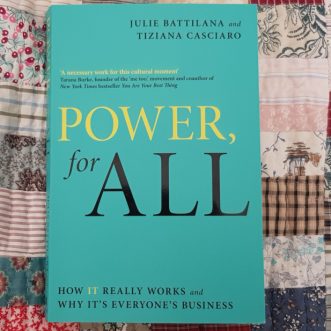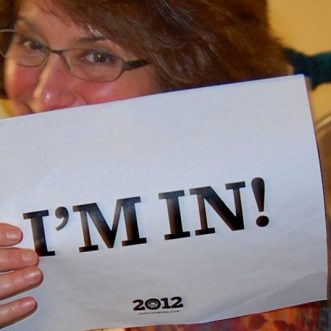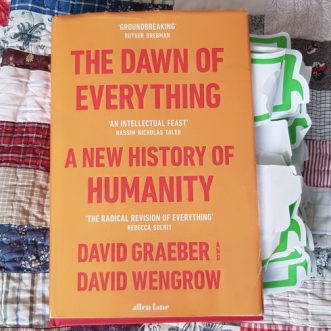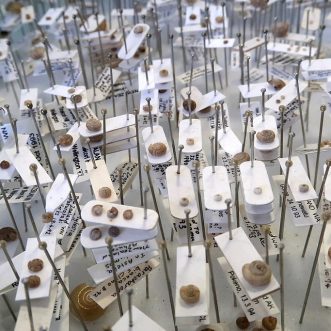February 22, 2022
My second reading of this book has, as you can see, given me plenty to think about. The most important of which is a different idea of what freedom really is.
The foundational freedom is the freedom to walk away. To say ‘I don’t like it here, I’ll go somewhere else‘ – knowing that wherever you end up, you will be taken in and treated as a person, a fellow human being, who could become an honorary member of the family.
This freedom, which seems to have been exercised surprisingly frequently in our prehistory, and later, is a foundation for the next freedom, which is the freedom to disobey the rules. Individuals or cadres that set themselves up to be ‘in charge’ of others, soon found they were in charge of nothing. Their ‘subjects’ had simply moved on.
If people don’t have to follow orders, governance becomes quite different. It has to be based on consensus rather than command, and since everyone is free to walk away, it also has to include everyone. People become citizens, with a role to play in shaping and maintaining their society.
This leads to the third freedom, which is the freedom to create new ways of living well with each other – new societies. These societies don’t have to be permanent or rigid. It seems many peoples lived well together in very different ways, depending on the season, changing the form of their ‘society’ 2 or three times a year. They knew, because they lived it, that “The ultimate, hidden truth of the world is that it is something that we make and could just as easily make differently.”
How can we recover these basic freedoms?
A start would be to offer what all ancient peoples took for granted. Hospitality. The reassurance that a stranger, wherever they are from, will be taken in, recognised as a human being and a person, as someone like us.
In other words, to gain our own freedom, we have to give it to others first.










